Imposter Syndrome: Is it friend or foe?
Most of us have felt it at some point. That voice in your head that says:
“You’re not ready for this.”
“You’re not as good as they think you are.”
“Soon they’ll find out you’re a fraud.”
It’s uncomfortable, frustrating, and — if we’re honest — exhausting. But what if imposter syndrome isn’t always the enemy we think it is? What if, instead of trying to silence it, we learned to work with it?

Where the Concept Comes From
The term imposter phenomenon was first introduced in 1978 by psychologists Pauline Clance and Suzanne Imes.
In their landmark study, they noticed that high-achieving women often attributed their success to luck, timing, or other people’s overestimation of their abilities — rather than their own competence.
Since then, research has shown imposter feelings are not rare or exclusive to women. They show up across genders, industries, and experience levels — even among CEOs, academics, and creatives.
The Unexpected Upside
While Clance and Imes framed imposter feelings as a challenge to overcome, more recent research has highlighted their potential upside.
Psychologist Jaruwan Sakulku found that imposter thoughts can motivate individuals to work harder, seek feedback, and upskill in ways that accelerate future competence.
When we doubt ourselves, it can spark a determination to:
- Learn more
- Practise harder
- Prepare thoroughly
- Stretch beyond our comfort zone
It’s the nudge that says, “Better make sure you’re ready.”
And with every skill gained and challenge met, our competence grows — even if our self-perception lags behind for a while.
When It Holds Us Back
Of course, there’s a tipping point.
Psychologist Gail Matthews notes that excessive self-doubt can reduce confidence to the point where we avoid opportunities altogether.
When imposter syndrome dominates, we:
- Turn down promotions or new roles
- Delay starting projects
- Downplay our achievements to avoid expectations
Left unchecked, it can keep us trapped in “not ready yet”, robbing us of the learning that comes from taking action.
A Tool, Not a Tyrant
The key is to see imposter syndrome as a tool for expansion, not a critic to silence.
Instead of believing it means you’re unworthy, you can reframe it as a sign you’re stretching into new territory.
Ask yourself:
- What skill is this feeling nudging me to develop?
- What’s the smallest next step I can take anyway?
- If this discomfort is a sign of growth, how can I lean into it?
When we respond with curiosity instead of fear, imposter syndrome transforms from a block into a bridge — connecting who we are now with who we’re becoming.
At Benfleet Counselling
If imposter syndrome has tipped from motivating to overwhelming, therapy can help.
Together, we can unpack the deeper roots of self-doubt, challenge unhelpful beliefs, and build a more grounded sense of confidence.
Because you don’t have to wait until you “feel ready” — growth comes from stepping forward, even when you don’t.
Remember: Feeling like an imposter doesn’t mean you’re failing.
It means you’re evolving.
Looking for counselling? Enquire with us here

